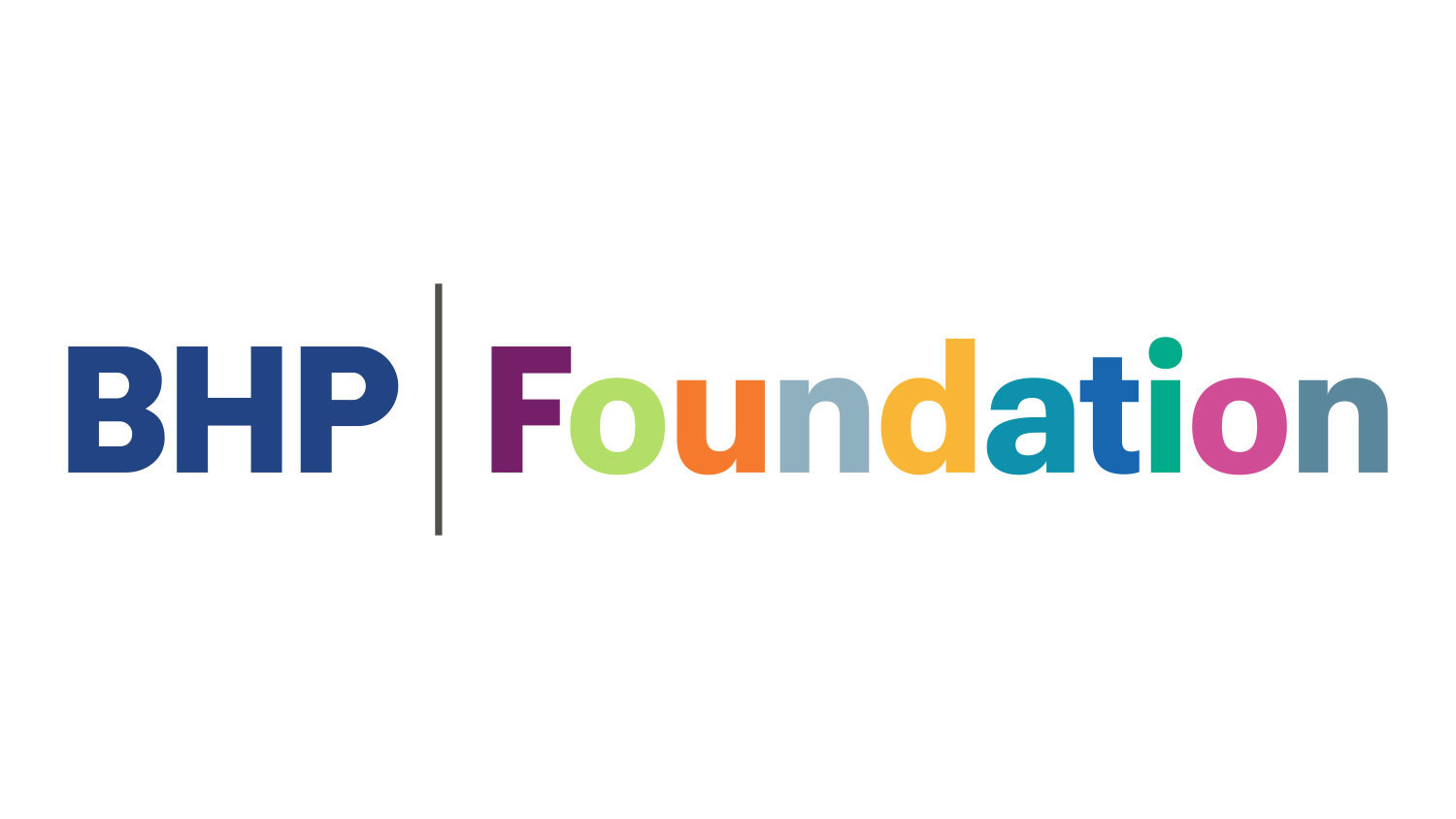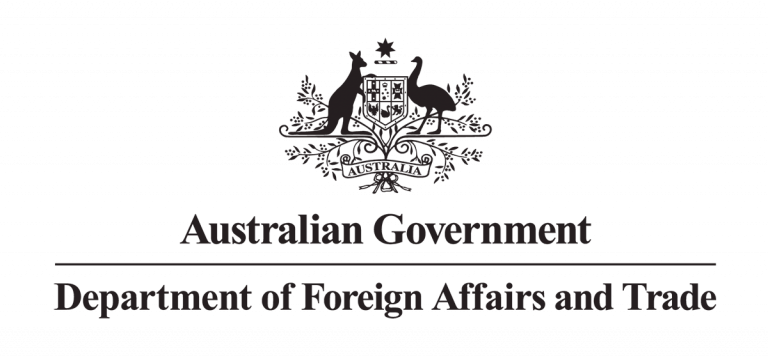
Photo: Albert Hyseni / unspalsh.com
Working across our global network, we investigate where and how corruption can get a foothold in the mining sector. We focus on the process of obtaining a mining or exploration permit and ask who gets the right to mine? And under what conditions?
Targeting the start of the value chain means we can prevent corruption before ground is even broken.
Collaborating with governments, companies, civil society organisations and communities, we are building a fairer, clearer and cleaner process for obtaining a mining permit. By building a better system and a fairer process we can prevent corruption before ground is even broken.
What's at stake
No country is immune to corruption. Whether a country has hosted mining operations for hundreds of years or has just started mining; whether a country is rich or poor, the risk of corruption exists. This can lead to the destruction of natural environments, wasted public money, the undermining of institutions and law and order, as well as lost opportunities for current and future generations.
According to the OECD, 1 in 5 foreign bribery cases involve the extractives industry. The International Monetary Fund has estimated that $US1.5 - 2 trillion is lost to bribes every year – close to 2% of global GDP. The IMF singles out extractive industries as a priority sector for transparency efforts. Bribes only constitute one form of corruption, and the overall economic and social costs of corruption are likely to be much higher.
We focus on the start of the value chain because a quarter of all corruption cases in mining, gas and oil occurs at this initial stage (OECD). If corruption infects the very start of the mining operation, then corruption is more likely to occur for the rest of the operation. This impairs how operations are monitored and regulated, undermines the collection of taxes and royalties, and damages the relationship between the company and the community.
What we're doing about it
To reduce corruption in the mining sector, we are building stronger, fairer, and more democratic processes for granting mining licences. By fixing the flaws in the system, we can ensure the system better works for the community and the environment.
Transparency helps stop and prevent corruption by enabling the public to hold governments and companies accountable.
- We look at the way mining deals are made, conducting research to shed light on the complex process for awarding mining permits.
- We identify where the process has loopholes that could be exploited by corrupt individuals.
- We assess all the corruption risks we find. We rate these risks based on the likelihood of corruption happening and the impact that it might have.
- We use this evidence to make the case to decision-makers, companies and community leaders about what we can all do to close the loopholes on corruption.
Around the world, we are preventing mining sector corruption by:
- Strengthening the effectiveness of laws and institutions that regulate the award of mining rights;
- Ensuring decisions about approving mining projects are made in a transparent way and in the public interest;
- Securing appropriate spaces and opportunities for civil society and community members to express their concerns and participate in these important decisions.
Our approach
We are building a movement against corruption in the mining sector. We are fostering relationships with government officials, company representatives, local civil society groups and peer organisations because we need to work together to tackle corruption effectively and systemically. We are using the evidence we collect from local experts and the public – and applied through our robust and peer-reviewed methodology – to make the case to fix the loopholes that can lead to corruption.
We are complementing the work of international initiatives such as the Extractive Industries Transparency Initiative, which sets a standard for open and accountable management of oil, gas and mineral resources; and Publish What You Pay, which focuses on making the revenues from mining operations transparent.
We also engage with the Natural Resource Governance Institute, the Open Government Partnership, the World Bank Extractive Practice, and the International Council on Mining and Metals.
Recommendations
- To stop corruption in the mining sector, companies and governments must commit fully to transparency and accountability. Corruption-free mining starts with a transparent and accountable process for obtaining a mining permit.
- Mining projects that start with a fair permit set higher standards for the rest of the project. A process that requires proper background checks on companies, strong environmental impact assessments, and controls against conflicts of interests is more likely to lead to mining that benefits the community, with less impact on the environment.
- If the process for obtaining a mining permit is open to corruption, then the rest of the operation is open to corruption - impairing how activities are monitored and regulated, undermining the collection of taxes, and harming the community and environment.
- All mining projects should be built on firm foundations of transparency and accountability. This starts with the process of applying for and receiving a mining permit - it must be transparent and accountable.
- Governments, companies and communities can stop corruption by working together to create a fairer process. A better mining sector starts by setting higher standards from the very beginning and saying no to corruption.
This global analysis report sets out the key findings and case studies from the research.
Project campaigns
Funded by
 BHP Foundation
BHP Foundation
 Australian Government Department of Foreign Affairs and Trade
Australian Government Department of Foreign Affairs and Trade
